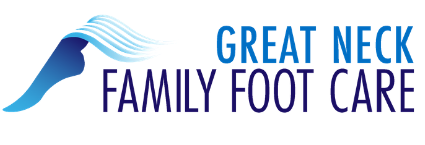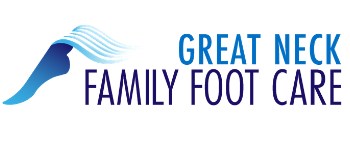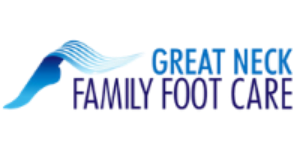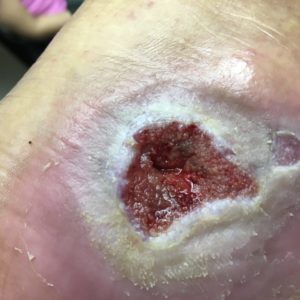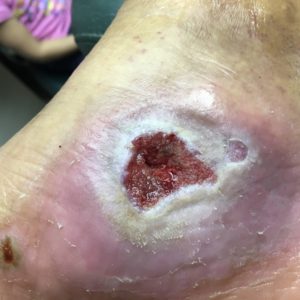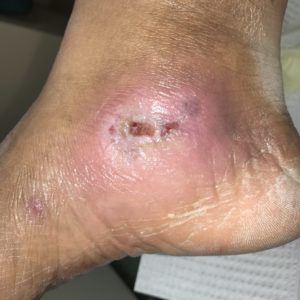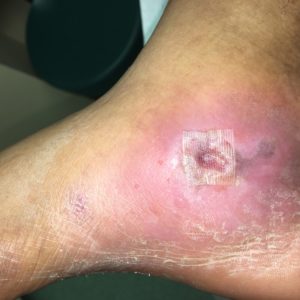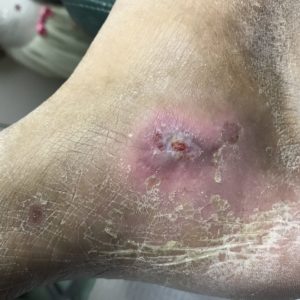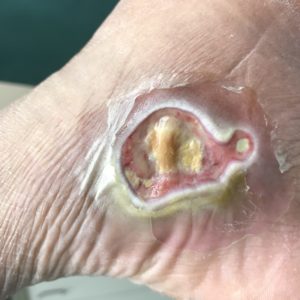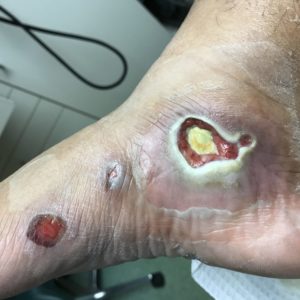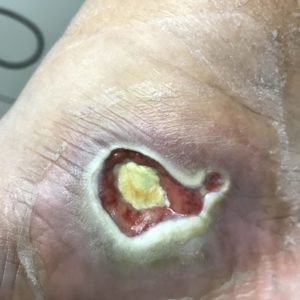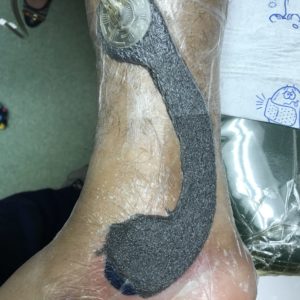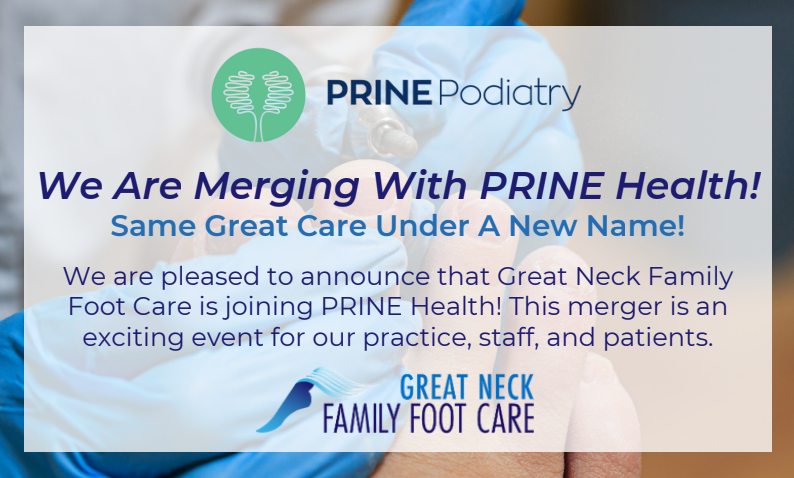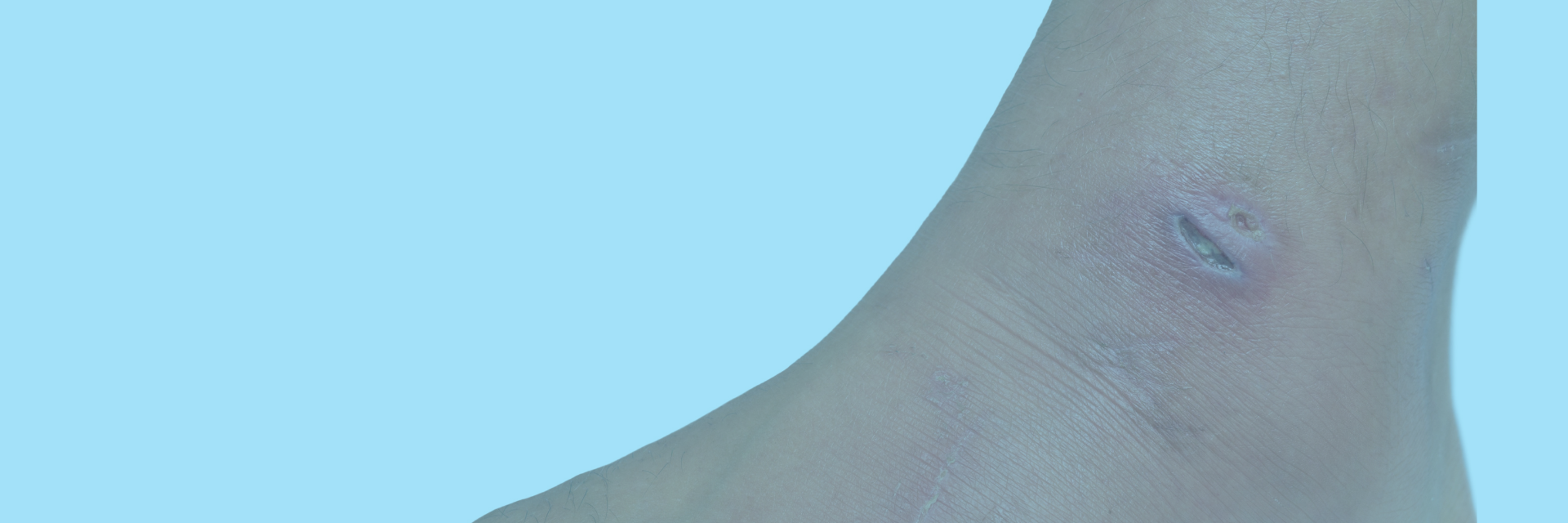
Long Island Wound Care
Cuts, burns, scrapes, and other minor wounds are so incredibly common that almost everyone has experienced them at one time or another.
A wound is characterized by any break in the skin or deep tissue. Typically, these breaks in the skin heal quickly on their own. However, it may also require routine cleansing and a simple dressing.
Dr. Alec Hochstein, Medical director of Great Neck Family Foot Care Advanced Wound Healing Center, states that “most wounds heal best if provided with an environment that is clean, free from bacterial contaminants and debris, and warm or moist atmosphere.” Patients may encourage the healing of wounds through the process of frequently washing hands, keeping a clean dressing on the wound, protecting the wound from further trauma or injury, avoiding smoking, and maintaining a nutritious diet.
Diets that encourage wound healing are rich in protein, vitamin C, vitamin A, zinc, and iron.
Many people will find the necessary relief by tending to their wounds at home. However, large or deep wounds may require medical care.
Chronic wounds are wounds that have been present for a month without any noticeable signs of healing and require special care to heal. Chronic wounds can be the result of:
- Dehiscence of surgical incisions
- Pressure ulcerations that occur when positioning of the patients body does not allow for relief of pressure causing skin breakdown. These wounds can occur anywhere, but are very prevalent in the bedridden patient over bony prominences such as heels and ankles
- Vascular ulcerations occur from poor circulation (arterial or venous ulcers)
- Insult of circulation and neuropathy due to diabetes (diabetic ulcers)
- Extremes in temperature (ie: Burns or frostbite.)
- Exposure to industrial chemicals (Acids, bases, detergents)
What are some other causes of chronic wounds?
Dr. Hochstein states, “Sometimes an infection can cause slow healing. Other factors include poor nutrition, diseases such as diabetes or cancer, chronic rheumatologic conditions, kidney, or liver disease, as well as certain treatments including chemotherapy or radiation.”
The Advanced Wound Healing Center at Great Neck Family Foot Care is established to care for difficult wounds, including wounds that have previously been resistant to healing, as well as acute or new wounds. You can reach the wound healing center at (516) 482-5999 (Great Neck, Long Island).
Contact your wound care specialist if you have an acute or chronic wound and develop any of the following symptoms:
- Pain that is increasing in severity
- Signs of infection such as redness and swelling extending from the wound
- The wound site or the tissue around the wound feels warmer than usual
- Any odor that comes from the wound especially still noticeable after cleansing
- If you notice any change in the amount or the quality of drainage coming from the wound
- Any fever, chills nausea or vomiting needs to be addressed immediately. You should be aware that a tetanus shot is often times indicated even with a very minor wounds, this depends on the injury. In most cases adults should have tetanus vaccinations every 10 years

